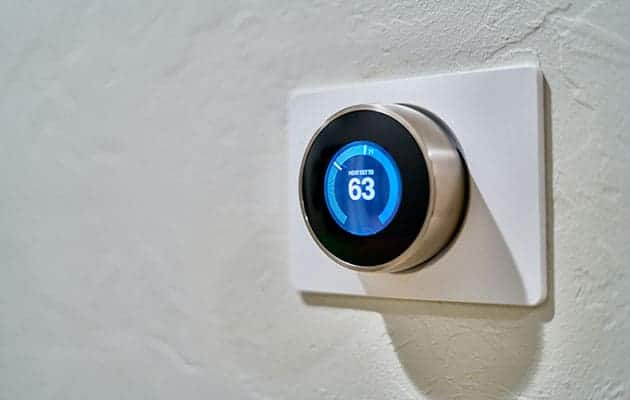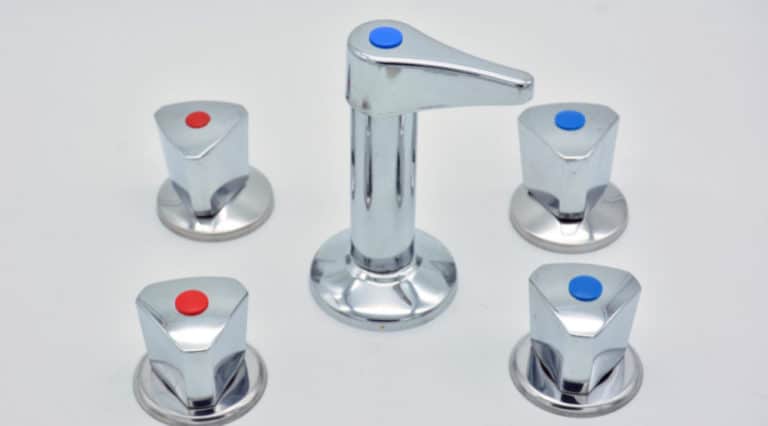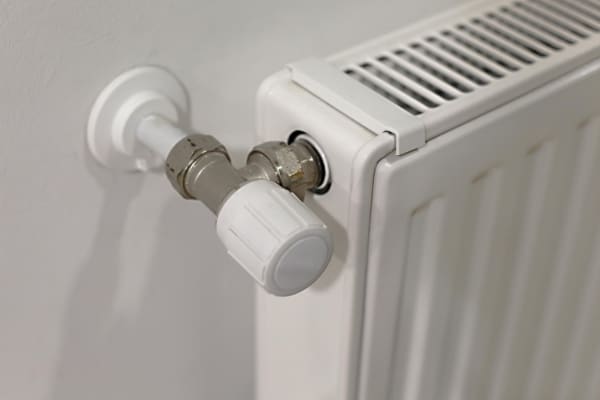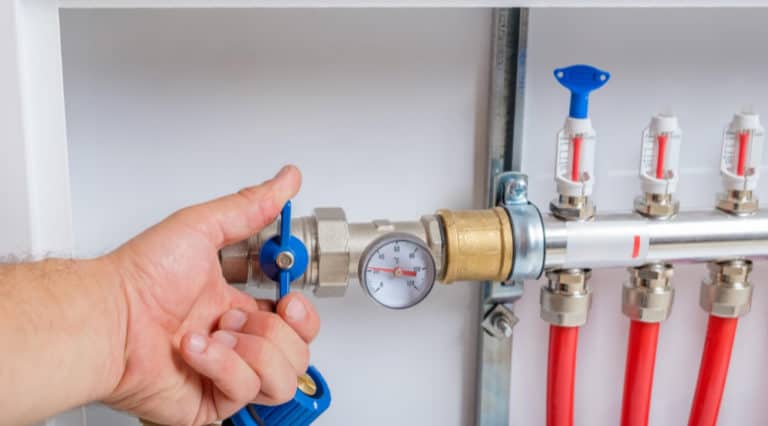Find My Local Expert Is your Heater Energy-Efficient? Most people...
Read More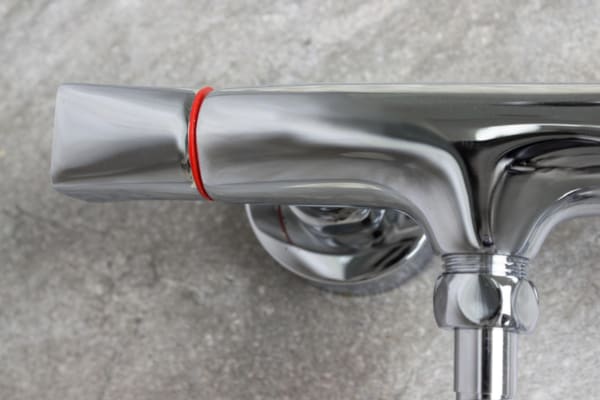
Hot Water Knob Isn't Working
Few things show just how far human ingenuity has brought us from our earliest days of living in mud huts than the small miracle that is hot water on demand. Being able to get hot water literally on tap to clean ourselves, our clothes and furniture, and cook our food is a remarkable achievement, and one that often gets taken for granted. That is, until it stops working.
Of course, a single broken hot water tap is not the end of the world; most homes with hot water will have more than one tap to deliver that water, but what if the problem is not the tap, but the source of the hot water itself?
Problems with your hot water can be caused by many things, and they often make us appreciate just how much we rely on that little modern convenience. You can probably get by, of course, perhaps by using the stove or a kettle to heat water when you need it. And, of course, you can always make do without hot water at all, as our species has done for most of its existence. But why should you?
In this post, we’re going to take a look at the common causes of your hot water knob ceasing to work properly, as well as ways you fix the problem.
Be Safe
Repairing the causes of a lack of hot water can sometimes involve dealing with things like electrical immersion heaters, or gas boilers. Now, we would always recommend hiring a professional over attempting to tackle a problem like this yourself, but this is especially the case if your hot water is absent because of a problem at the source. In some cases (such as with gas) it will probably be illegal for you to attempt to repair it yourself in any case, unless you are certified.
Regardless, never attempt a repair to any vital system in your home if you are not versed in the necessary skills to carry out the work. You could make the problem worse, cause damage to your property, and even hurt yourself.
Common Causes
So what are the most common causes of your hot water knob not working? It’s important to remember that there are different ways of getting hot water in a home, so not every cause will be applicable.
Broken Tap
The one cause that can be equally applicable to any system, of course, is a broken tap. If your tap doesn’t allow water through, you’re not going to be able to get hot water out of it no matter how well your system is working overall.
This problem is usually easy to identify because it will be isolated to one tap, and you should still have hot water on any other taps throughout the house. If the knob in question is attached to a mixer tap, you will probably also not be able to get cold water from that tap.
Regardless of how urgent things feel, however, it is never a good idea to leave a plumbing problem unattended. It might not get worse on its own, but it certainly won’t get better. And, in the case of leaking taps, there is always the matter of personal responsibility. The situation regarding water usage differs across the globe, but there aren’t many places in the world where leaving a tap running non-stop wouldn’t be frowned upon, and there isn’t much difference between a leaking tap and a tap that has been left running from a water-usage perspective
Faulty Immersion Heater
For those of you who get their hot water from an immersion heater setup, the immersion heater itself could well be the cause. The initial symptom here would be that the hot water knob seems to work, but you never actually get any hot water, just cold.
This is because, in this system, water is fed into a large tank where it is heated and stored until you are ready to use it. If that heater fails, the water in the tank is allowed to cool, or never gets heated in the first place, so the water you get out of it will not be hot.
Faulty Gas Boiler
The other common way to get hot water in a home is with a gas boiler. This system uses gas to heat the water as it is being used, which is usually more efficient than an immersion heater, but is only available to properties that have access to a gas line.
If the boiler is faulty, it will not be able to heat the water—or it will heat it ineffectively—and your hot tap will just put out cold or warm water, but not hot. If your boiler takes care of the central heating for your home, you will probably find that central heating also not working
Gas or Electricity Cut
Whether you are using an immersion heater system or a gas boiler, if the source of fuel for the system is absent, you won’t have any hot water. For immersion heaters, that fuel is electricity. For gas boilers, it is gas.
Gas outages tend to be very uncommon, especially without warning from your gas supplier first, but electricity outages can happen even in the most well-developed areas.
If your system relies on electricity, and you have a power cut, that’s going to stop your hot water knob from putting out hot water.
Water Outage
This one should be fairly obvious, but if there is no water pressure in your home, you won’t have any water coming out of your taps, hot or otherwise. For people with an immersion heater system, this might actually take some time to show, since the water should already be stored in your immersion tank and the hot tap will get its feed from there, but even that will run out eventually.
Like gas, unexpected water outages are rare—your supplier will typically inform you if there is expected to be any downtime. However, if a serious leak were to happen on your property, especially if it is along the main water feed that brings water into your home, that could severely reduce your water pressure—if not kill it completely.
Tools and Materials You’ll Need
From this point forward, we’re going to be focussing on the first of our common causes only. This is because you should not be attempting to repair a faulty immersion heater or gas boiler unless you know what you’re doing, and if you know what you’re doing, you won’t need us to tell you! So, to replace a broken tap, you’re going to need;
- An adjustable wrench
- A basin wrench
- PTFE tape
- A bucket or similar container
- A box spanner set
- A replacement tap
Step-by-Step Process
Replacing the tap is a relatively straight forward process, if a little fiddly. This is because the pipes that you need to disconnect are often in awkward and cramped places.
Turn Off Your Water
Before doing anything with the water system in your home, turn off the water supply. There should be a main cut off somewhere near where the main water feed comes into your home. Be sure to run a tap to make sure the water really is cut off.
Disconnect Tap
Place the bucket or container underneath the pipe to catch any water—the water feed may be cut off, but there is still water in the pipes. If the tap in question is not on the ground floor, you could try running a tap downstairs until the water stops first. This will drain the water from any higher up pipes on the same network, though you may need to open the upstairs to let air in.
Once you’re all set, use the appropriate wrenches to disconnect the water feeds from your tap.
Remove Tap
Once your tap is disconnected from the water supply, it’s time to physically remove it. This is where the basin wrench comes in. Use the basin wrench to undo the large nut underneath the tap. If it is stiff, you may need to hold the tap to stop it turning with the nut, or get someone else to hold it if you can’t reach it.
Install Your New Tap
This step is essentially the last two steps in reverse, though it is important to make sure the compression joints where the water pipes attach to the new tap are properly sealed, which is what the PTFE tape is for. Make sure the joints are tight, but don’t over do it, or you could strip the thread.
Switch Water Back On
We’d leave the bucket under there for this part, just to be safe. Once you’re done, open up that water cut off and check your handiwork for leaks. Note that if you have had a lot of water drain out of your system during your work, there will be some worrying noises and erratic water flow when you first use the taps. Don’t worry, this is normal.
Hiring the Right Person for the Job
If the problem is not the tap itself, or even if it is the tap, and you just don’t want to tackle it, finding a professional who can do it for you is easy these days. Be sure to check what previous customers have to say about a potential electrician, gas engineer, or plumber before hiring them for your task, however.
It is generally better to get a professional in, even with something as innocuous as a tap, because a mistake can wind up being far more costly in the long run. Especially if it causes damage to your property.
You May Also Like...
Hot and Cold Water Knobs Not Working
Find My Local Expert Hot and Cold Water Knobs Not...
Read MoreFree Storage Heaters for UK Pensioners
Find My Local Expert Free Storage Heaters for UK Pensioners...
Read MoreEasy Ways to Bleed and Maintain your Boiler
Find My Local Expert Easy Ways to Bleed and Maintain...
Read MoreBoiler Losing Pressure: Here’s how to fix it!
Find My Local Expert Boiler Losing Pressure? Here’s How to...
Read MoreNeed Help Replacing Your Hot Water Tap?
My Trusted Expert Guarantee
Experts Have Been Vetted & Approved
